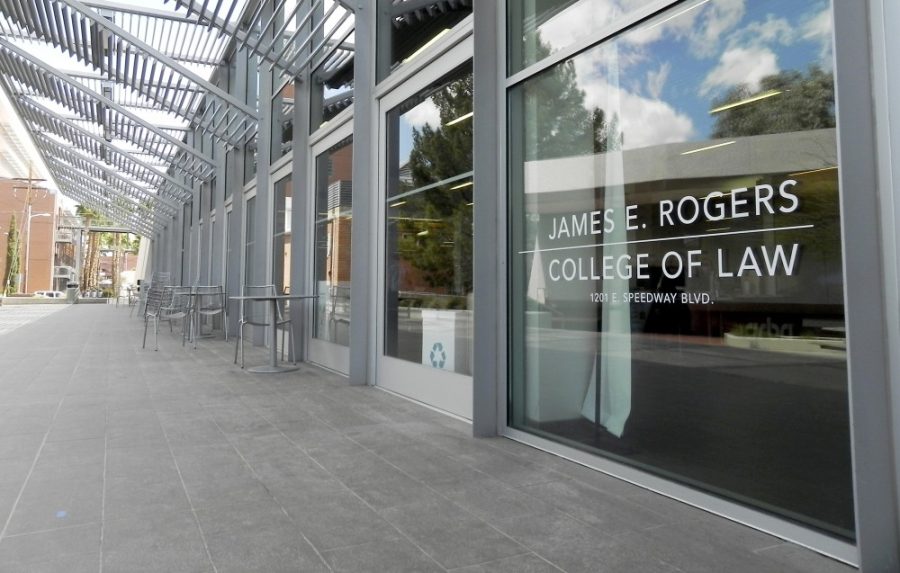Campaigning, fundraising and meet-and-greets may have lost their appeal to some students. A new study shows a decline in those who want to pursue a career in politics.
In a survey of 758 pre-law students by Kaplan Test Prep, 38 percent said they would consider running for political office. This is a decline from the 54 percent who reported they were thinking about pursuing office in 2009.
Those who have been “filling in the gaps” are bankers and business professions, said Jeff Thomas, director of pre-law programs at Kaplan Test Prep. The skills that students learn in law school are crucial and valued in a political arena, he said, although he can see why students may have lost interest in politically based careers.
“Political campaigns have gotten dirty, which has divided the operation of Congress between political views,” Thomas said.
The skills that one learns in law school — the ability to analyze problems, logical reasoning and negotiation — are valued in today’s politics, said Jean Braucher, a UA professor of law. Lawyers have the ability to show two sides of an issue, define common grounds and give expertise on how to write a law that will work in practice, she added.
“Politics should be a natural extension of the community work that an individual is already doing,” said Rodney Glassman, a Tucson city councilman. “That should be the goal.”
Students coming into law school are in the process of choosing a career and are encouraged to adequately explore their options, not just in a political context but in a general legal context, Thomas said. In addition to receiving a legal education, he said, law students are in school to see if a law-based career is the right fit for them.
“As students are coming out of law school, they are encountering big debts to pay off,” said Arizona Rep. Ted Vogt. “So politics is not the first thing they are thinking about, but I see that 38 percent creeping back up in the upcoming years.”
Considering how difficult the job market is for lawyers, student are more concerned with paying off their debts before considering something more public-service oriented, he added.
With negative publicity toward politics, Braucher said, students considering running for a political position have to be willing to take risks and lose. That’s hard to do when students are more focused on being financially secure, she said.
The economy is probably the major contributor the decline in the number of students considering political careers, Vogt said. Lawyers play a valuable role in politics, he said, whether they serve at the city or state level.
There has been a misconception that anyone who is involved in politics is a lawyer, but that does not seem to be the case, he said.
“The more diverse background group of people you have involved in politics, the better it is for the public and the more of a healthier republic there would be,” Vogt added.
Students should continue to see law school as a viable option because there are not many prerequisites needed to get in aside from a high grade point average and LSAT score, Thomas said. In addition, law school can teach students how to work together and collaborate — it doesn’t always mean a student has to transfer those skills into a political career.
“Students should not fear the political arena,”Thomas said, “and they should expose themselves to many opportunities.”









